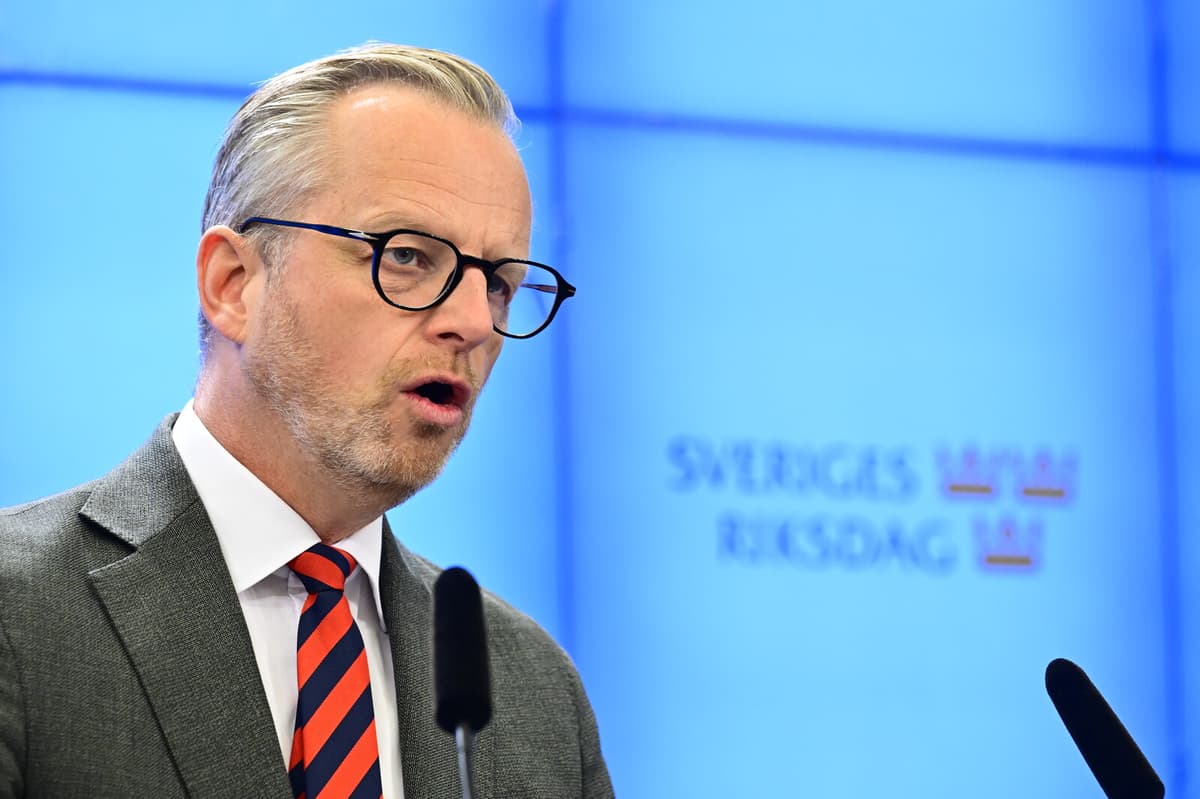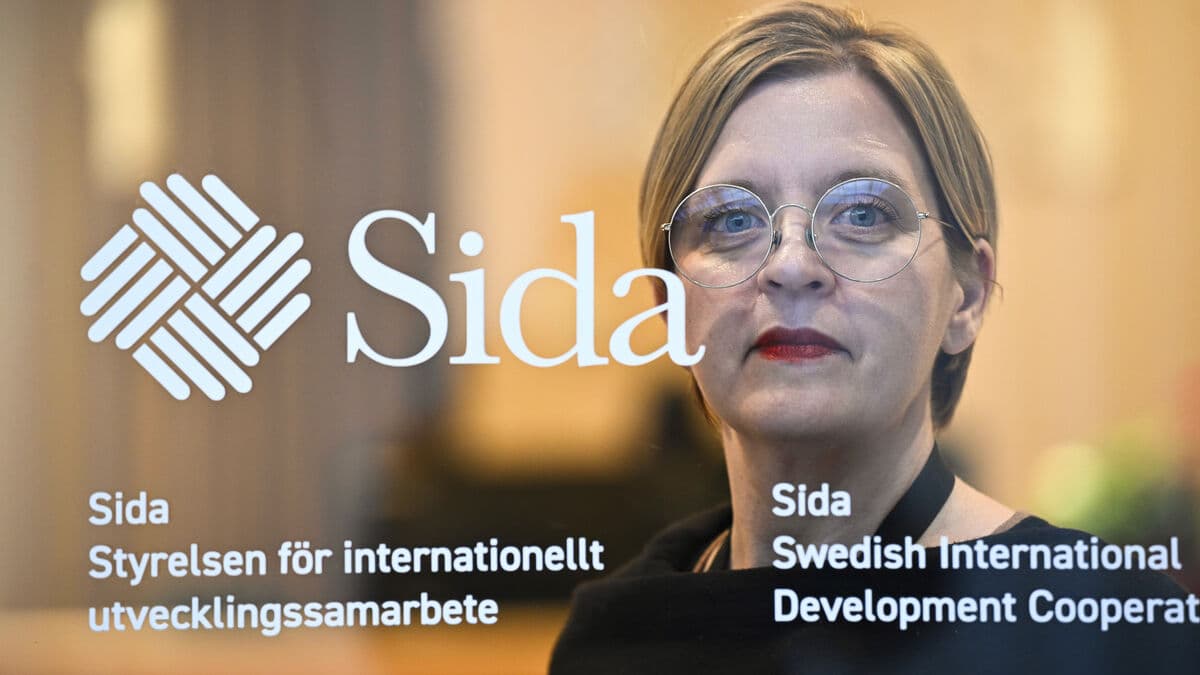The largest opposition party, Socialdemokraterna, calls it a "resignation budget" and believes that the government has failed point by point.
Summa summarum: Sweden and the Swedish people have become poorer, says the economic policy spokesperson Mikael Damberg.
He thinks it's strange how satisfied Finance Minister Elisabeth Svantesson (M) is.
Looking at how reality looks, I would rather expect an apology from the finance minister to the Swedish people.
The finance minister describes the direction as Sweden being on the right track, but not having arrived.
– We have made difficult journeys before and now we have had five trying years, now we take new steps, says Svantesson and assures:
– I am convinced that our best time lies ahead of us.
Welfare on "starvation diet”
All opposition parties are attacking the lack of investments in school, healthcare, and care. Vänsterpartiet believes that the government has subjected welfare to a "steel bath".
Swedish healthcare is in free fall, says V's economic policy spokesperson Ida Gabrielsson.
The budget that the finance minister presents is in fact as substantial as a bouquet of flowers you buy at a gas station when you say sorry.
Gabrielsson also warns that the reduced food VAT will primarily benefit the food giants.
The reduction risks becoming a gift card of 20 billion from Jimmie to the Ica group.
Miljöpartiet notes that the government is not allocating "a single krona" in general government grants to municipalities and regions.
MP is also critical of the fact that the green transition has collapsed, and the increasing emissions.
The climate crisis is accelerating, but the government is fueling it, says economic policy spokesperson Janine Alm Ericson.
"Does not get results”
Centerpartiet calls the budget "a big grab bag of election pork" that fails to solve the problems in the Swedish economy.
Despite this gigantic budget, you don't get a result for jobs and entrepreneurship, for concrete improvements in the countryside, and for Sweden to be able to become a climate role model again, says Ådahl.
He is worried about the high unemployment.
Just the difference between unemployment in Sweden and the EU, that's 45-50 billion kronor to welfare that we lose. That's 75,000 teachers, 115,000 nursing assistants.
C wants, among other things, to permanently halve the employer contribution for young people, the long-term unemployed, and small businesses.






